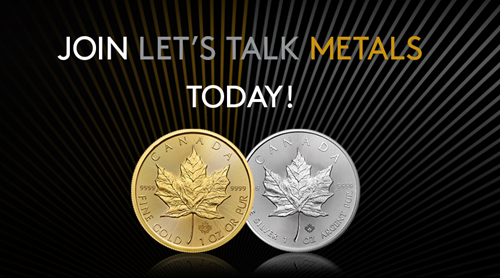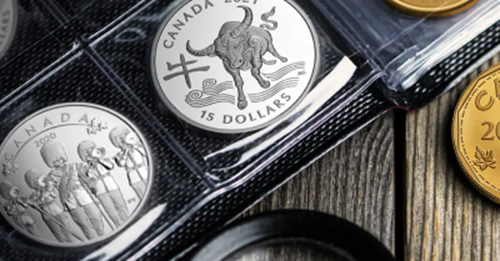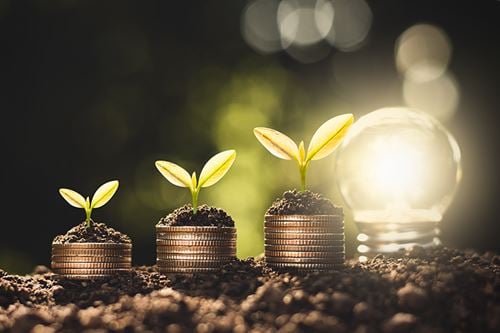I’ve inherited a coin collection… now what?
- Jan 30, 2025
- Learn
- 5 Minutes read
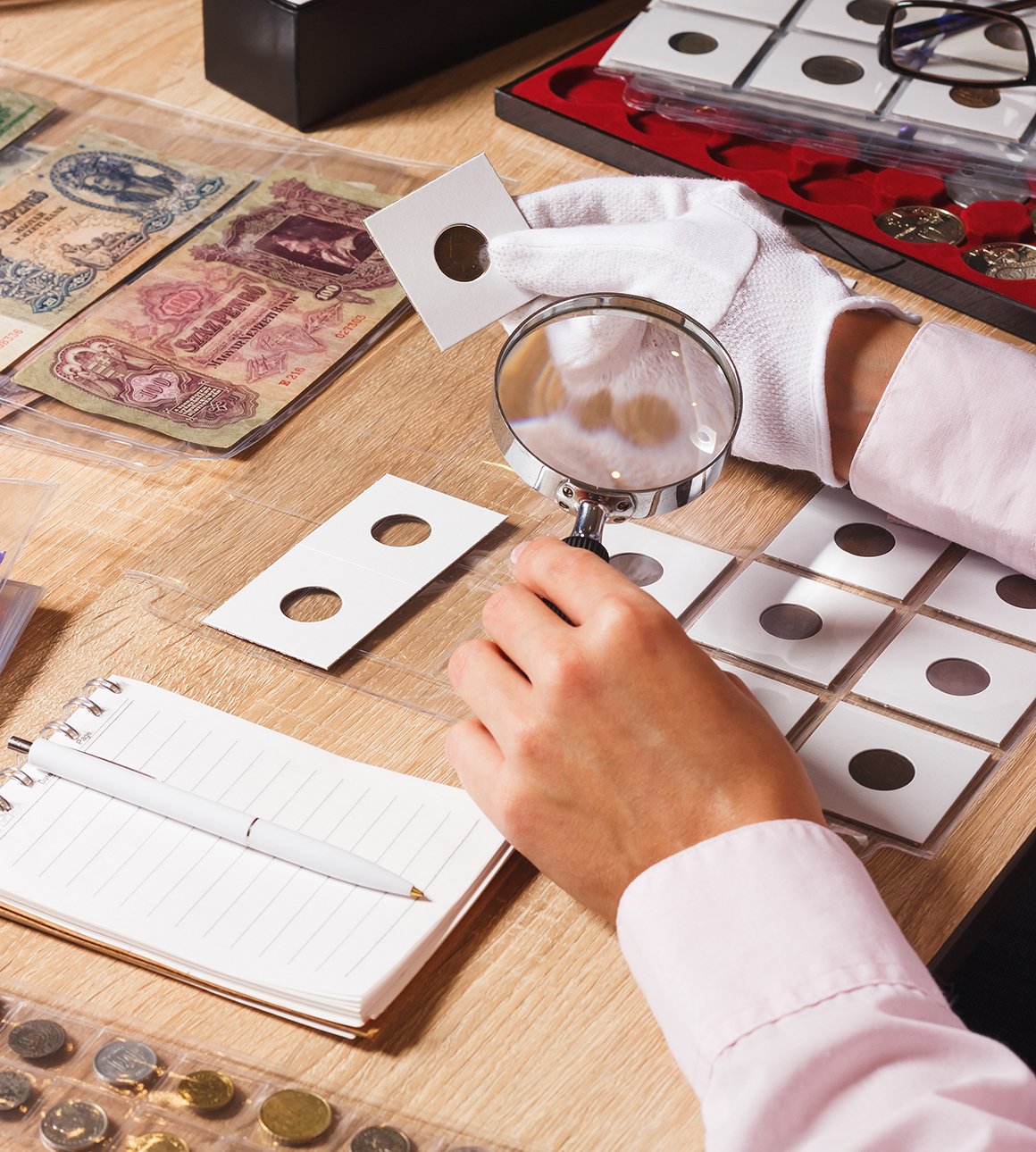

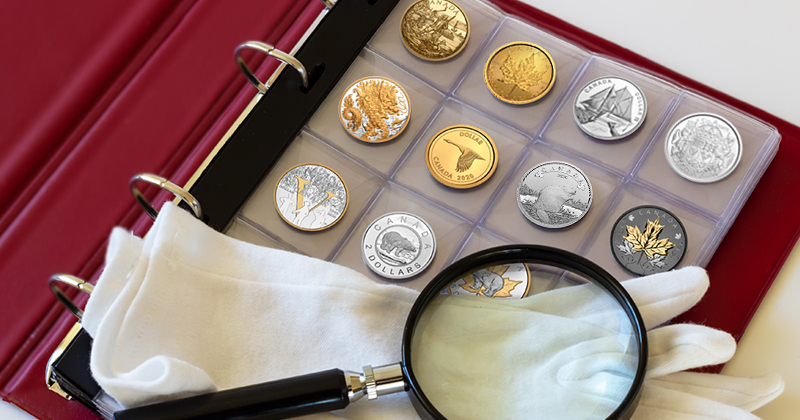
A few DOs and DON'Ts
If you’re new to the world of coin collecting, DO check out our blogs in the Learn section on our website. It’s a great starting point and it will explain some common coin features and terminology.
In the meantime, you’ll want to give your new collection the “white glove treatment”—literally. DO use cotton gloves to handle the coins, and always hold them by the edge to avoid leaving fingerprints.
Have you thought of cleaning a coin to bring out the shine? DON’T! Cleaning a coin can drastically reduce its value—in fact, a tarnished coin may turn out to be more valuable than a cleaned one (and yes, dealers can tell when a coin has been washed).
Put the pieces together
Now that you know more about coins, it’s time to focus on your collection.
Some people are accumulators: they purchase or hold onto coins that interest them without putting much thought into organizing and storing them. If that’s the state of your new collection, take some extra time to carefully sort through it all.
Start by separating coins from bank notes; group them by country first, then focus on themes or types. Coins stored in a folder or album tend to already be organized by country, denomination or year of issue, so that should save you some work. Keep sets intact, and remember that loose coins will require more work to identify. You’ll also want to consider some storage options.
Of course, many people enjoy organizing their collections and will take the time to catalogue their coins. If this is the kind of collection you’ve inherited, any pre-existing inventory or spreadsheet will make it easier for you to get acquainted with your coins.
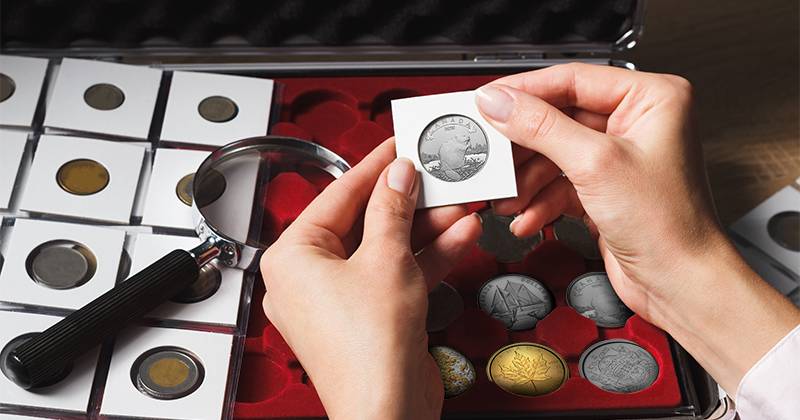

Know your worth
Now that you know what you own, you’ll want to know its worth. You could hire a professional to assess your collection’s market value, but the easiest (and cheapest) way, especially if you’re new to all of this, is to purchase books and guides that will give you a ballpark estimate of each coin’s value.
An old coin isn’t necessarily more valuable than a new one. And there are a lot of variables that affect value, especially the grade of the coin (its condition and the quality of the engraving).
It might seem like a lot of work, but any time put into your collection is a worthy investment. You’ll soon know your higher-value coins and their market value, should you decide to sell them or have your collection insured.
Strategies for selling
Maybe you’re not interested in keeping the collection (and that’s okay). If you’ve decided to sell, don’t rush things—take your time and you’re more likely to get a fair price.
Find a Trusted Source
Before you sell, contact local coin clubs, or ask friends and family members to refer a coin dealer or potential buyer. The important thing is to find someone you trust.
In any sale situation, in-person or online, there’s always the risk of dealing with someone who may try to take advantage of you, though most coin dealers are committed to running their business fairly and with integrity. If you’re selling online, take the proper precautions to ensure a safe transaction.
All or One?
Should you sell your coins individually, by lot or as one big collection? It really depends on the value. For a very valuable collection, you could contact an auction house; for all others, you can either sell your coins privately or to a dealer.
Higher-value pieces will get the most interest, but if you also have lots of common coins, consider including them in your transaction. As a courtesy to you for offering up sought-after pieces, a dealer might decide to make you a small offer on the coins that are a much tougher sell. If they pass on them, you could try selling them online—you never know, your old 25-cent coin might be the final piece to someone else’s puzzle
When to talk to a dealer
Contact a dealer first if you want to discuss more than just a few coins, and make it clear if you don’t intend to sell—there might be an assessment or consultation fee. If you do decide to sell, be prepared for the dealer to make you a different offer than you expected, based on different factors, such as coin grading, rarity, current inventory and/or demand.
Finally…
Unless you’re testing the other person’s knowledge and integrity, don’t ask, “How much will you give me for this coin?” Do your homework, and you’ll end up with a fair offer.
Keeping the collection
After investing all that time and effort, you might have a new appreciation for these precious collectibles, and maybe you don’t want to part with them. Congratulations, you are now a coin collector! Plus, your inheritance has given you a head start on a centuries-old hobby that can connect you with people from around the world.
Some of the most impressive coin collections have been passed down through generations, with each new collector focusing on completing a theme that interests them. That’s the next step: you were given the gift of a ready-made collection; now, make it your own.
This post was prepared with input from Mr. Benoit Doyon, founder of Quebec-based Imaginaire boutiques. Mr. Doyon has been in the business of buying/selling coins and stamps since 1986. Today, Imaginaire’s five locations employ more than 70 passionate experts and offer a wide variety of collectibles—coins, bank notes, stamps, comic books, figurines, trading cards, and more.
Facebook (FR/EN): BoutiqueImaginaire
Instagram (FR): imaginaire.86

